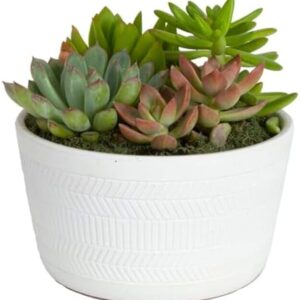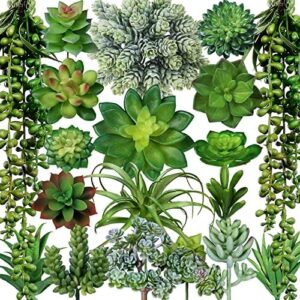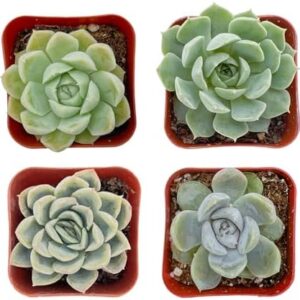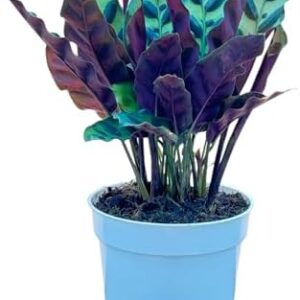Are you struggling to keep your plants healthy and thriving? Have you ever wished you had a green thumb like those expert gardeners you see on TV? Well, fear not, because we have some expert advice on plant care and maintenance that will help you become a pro at keeping your indoor and outdoor plants happy and healthy.
We spoke to some experienced horticulturists who shared their top tips for plant care and maintenance, and we’re here to pass them on to you. So grab your gardening gloves and let’s get started!
One of the first pieces of advice our horticulturists gave us was to pay attention to the light requirements of your plants. Different plants have different light needs, so it’s important to place them in a spot where they will get the right amount of sunlight. Some plants thrive in bright, direct sunlight, while others prefer more indirect light. Make sure to do your research on the specific light requirements of each plant you have so you can place them in the right spot in your home or garden.
Next, our experts stressed the importance of proper watering techniques. Overwatering is one of the most common mistakes people make when caring for plants, so it’s crucial to water your plants only when they need it. A good rule of thumb is to stick your finger into the soil and water your plant only if the top inch feels dry. This will help prevent root rot and keep your plants healthy and hydrated.
In addition to proper watering, our horticulturists also recommended regularly checking the drainage of your plant pots. Make sure there are enough drainage holes in the bottom of the pot to allow excess water to escape. If your plants are sitting in waterlogged soil, they can develop root rot and other issues that can be detrimental to their health. So be sure to check the drainage of your pots and make any necessary adjustments to ensure your plants have good airflow and drainage.
Another important piece of advice our experts shared was the significance of fertilizing your plants. While some plants may not require fertilizing, others can benefit greatly from a regular feeding schedule. Fertilizer provides essential nutrients that can help your plants grow strong and healthy. Just be sure to follow the instructions on the fertilizer package and avoid over-fertilizing, as this can harm your plants rather than help them. Our horticulturists recommended fertilizing your plants once a month during the growing season for best results.
In addition to proper light, watering, drainage, and fertilizing, our experts also emphasized the importance of regular pruning and grooming. Pruning helps remove dead or diseased growth, promotes new growth, and helps shape your plants to keep them looking their best. Regularly grooming your plants by removing yellow or wilted leaves, deadheading flowers, and cleaning off dust and debris can also help keep them healthy and thriving. Make sure to invest in a good pair of pruning shears and grooming tools to keep your plants looking their best.
Finally, our horticulturists advised us to regularly check for pests and diseases that can harm your plants. Keep an eye out for common plant pests like aphids, spider mites, and mealybugs, as well as signs of diseases like powdery mildew and root rot. If you notice any pests or diseases on your plants, take action immediately to prevent them from spreading and causing further damage. There are many organic and chemical treatments available to help combat pests and diseases, so be sure to research the best options for your specific plants.
In conclusion, caring for plants may seem daunting at first, but with the right knowledge and a little bit of practice, you can become a pro at plant care and maintenance. By following the expert advice from our horticulturists, you can ensure your plants stay healthy, happy, and beautiful for years to come. So remember to pay attention to light, water, drainage, fertilization, pruning, grooming, and pest control, and you’ll be well on your way to becoming a plant care expert in no time. Happy gardening!






